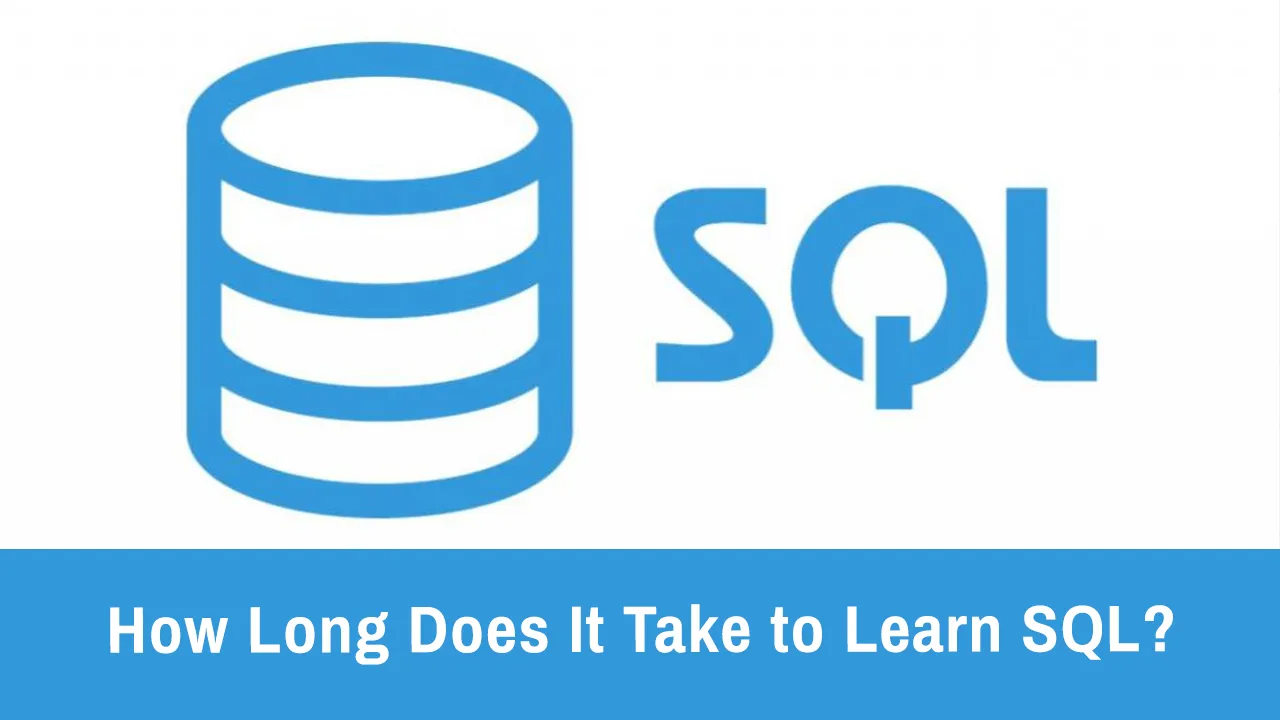How Long Does It Take to Learn SQL? A Comprehensive Guide
SQL is a powerful language for querying and manipulating data in relational databases. It is one of the most in-demand skills in the data industry, and it is used by businesses and organizations of all sizes.
So, how long does it take to learn SQL? The answer depends on a number of factors, including your prior experience with programming languages, your learning style, and how much time you are willing to commit to learning.
In general, you can expect to learn the basics of SQL in a few weeks or months. However, it takes more time and practice to master SQL and become proficient in writing complex queries.
SQL, or Structured Query Language, is a programming language that is used to communicate with and manipulate data in relational databases. It is one of the most in-demand skills in the tech industry, and it is used by a wide range of professionals, including data analysts, data scientists, and software engineers.
The amount of time it takes to learn SQL depends on a number of factors, including your prior programming experience, your learning style, and the resources you have available. However, most people can learn the basics of SQL in a few weeks or months.
Here are some tips for learning SQL quickly and effectively:
- Start with a basic tutorial. There are many free and paid SQL tutorials available online. Choose a tutorial that is well-written and easy to follow.
- Practice regularly. The best way to learn SQL is by practicing. Try to write SQL queries on a daily basis.
- Use a code editor. A code editor can help you to write and format your SQL queries more easily.
- Use a database. The best way to learn SQL is by using it with a database. There are many free and open-source databases available, such as MySQL and PostgreSQL.
- Ask for help. If you get stuck, don't be afraid to ask for help from a friend, colleague, or online forum.
Here is a suggested learning plan for beginners:
- Week 1: Learn the basics of SQL, such as SELECT, WHERE, ORDER BY, and GROUP BY.
- Week 2: Learn how to join tables and write subqueries.
- Week 3: Learn how to use SQL functions and aggregates.
- Week 4: Practice writing SQL queries to solve real-world problems.
Once you have learned the basics of SQL, you can continue to learn more advanced topics, such as window functions, recursive queries, and data manipulation language (DML).
Here are some additional tips for learning SQL:
- Set realistic goals. Don't expect to become a SQL expert overnight. Start with small goals and gradually work your way up to more complex tasks.
- Find a mentor. If you know someone who is proficient in SQL, ask them to mentor you. A mentor can provide you with guidance and support as you learn.
- Join a community. There are many online and offline communities for SQL learners. Joining a community can help you to stay motivated and learn from others.
Learning SQL can be challenging, but it is a rewarding skill to have. By following the tips above, you can learn SQL quickly and effectively.
